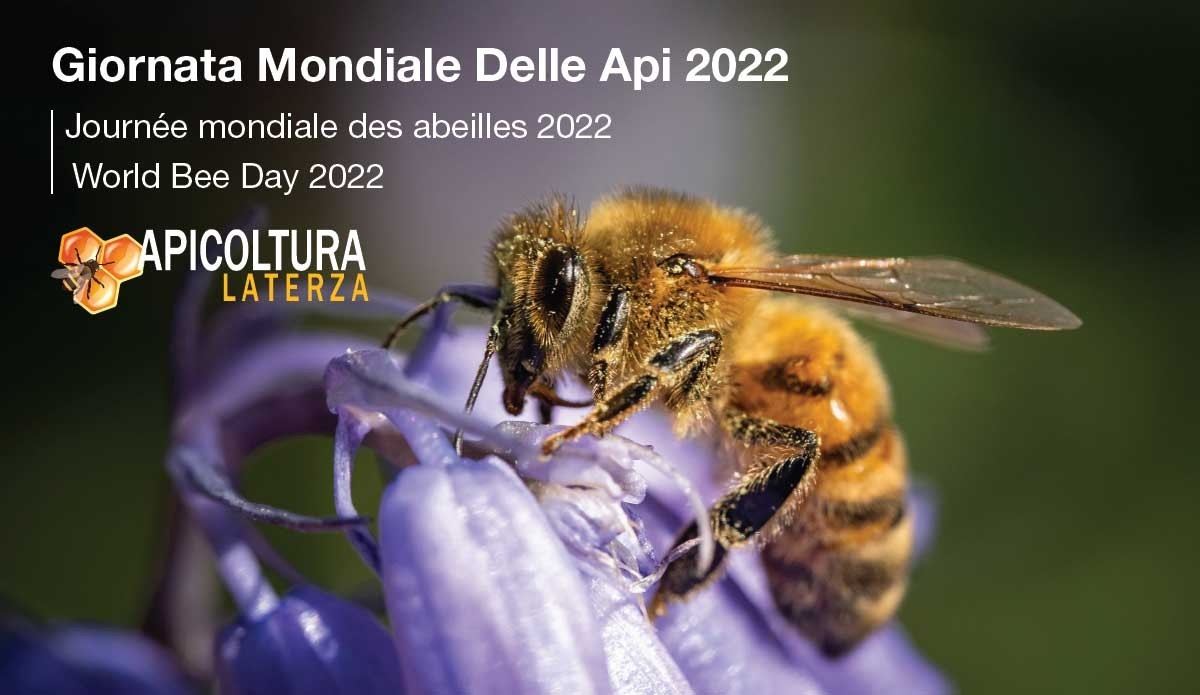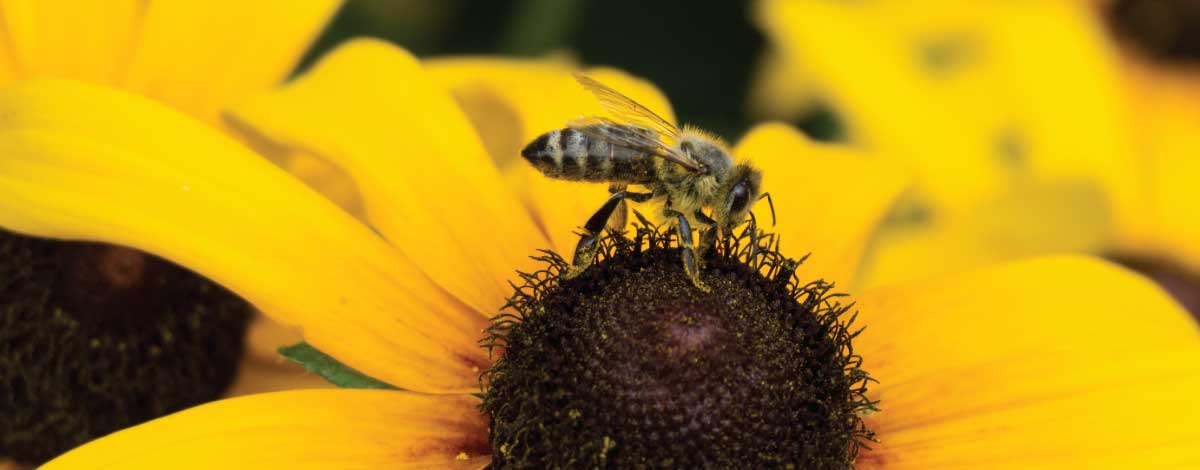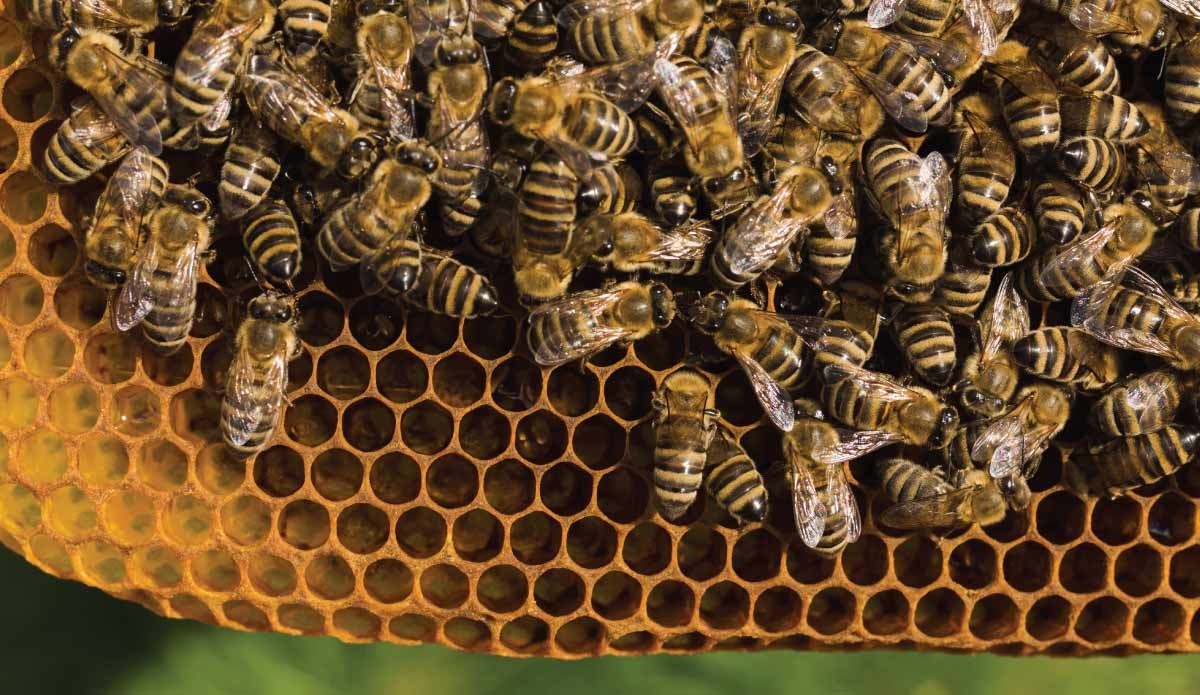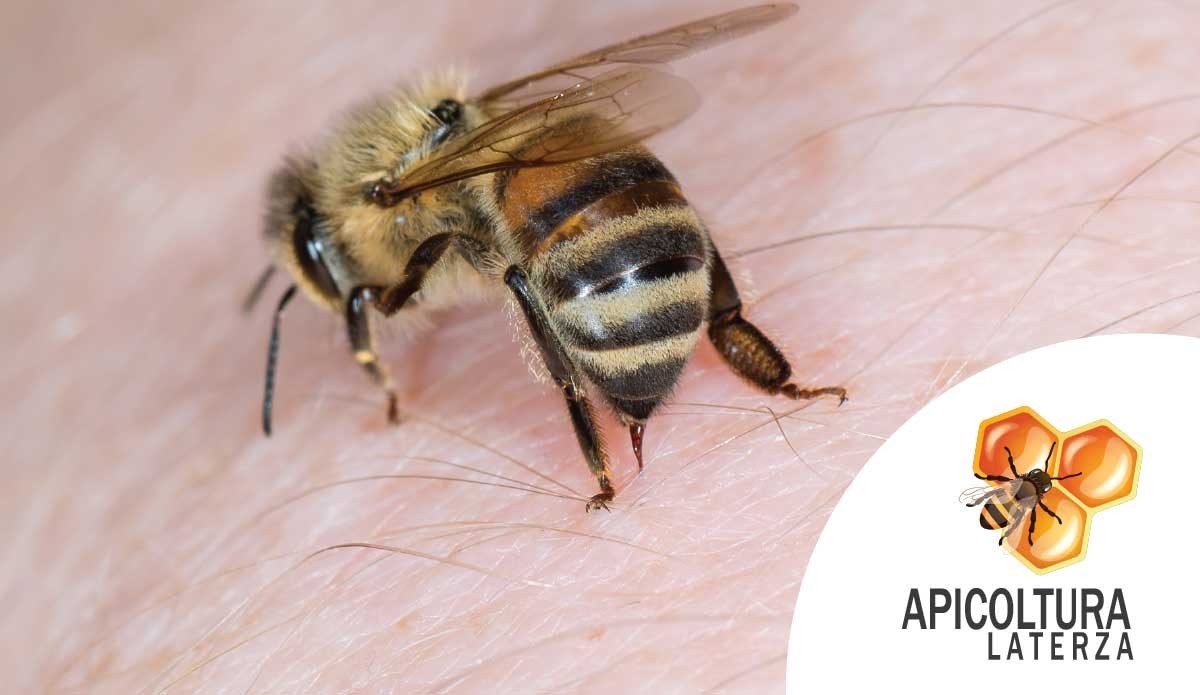10 interesting things about honey bees

On the occasion of World Bee Day, let's get to know these wonderful animals better
The Apis Mellifera or Honey Bee is one of the most fascinating insects in the world. It is an incredible creature that has existed for millions of years and that irreplacably contributes to the pollination of flowers and plants as well as producing a large quantity of honey.
Bees play a very important role within our planet. Protecting the life of bees has now become a battle that we all must fight.
Bees are so important to our ecosystem that their disappearance would cause a global food crisis.
On the occasion of the world ap day , we offer you an interesting article containing some curiosities and interesting information about these wonderful animals.
Let's get to know bees:

Here are 10 facts about honey bees that surely not everyone knows:
- Honey bees have 5 eyes: two compound eyes, three simple eyes (called ocelli). They use compound eyes to see shapes, designs and colors, while the 3 simple eyes help them spot movement, such as approaching predators or other threats. The antennas, on the other hand, allow the bees to orient themselves during the flight using the polarized light of the sun.
- Bees can see ultraviolet, a color that is not perceptible to human eyes.
- Bees can smell nectar sources up to 8 km away! This helps them find the flowers which they then pollinate and collect nectar from.
- Honey bees can achieve flight speeds of around 24km / h or more! The wings of bees can make about 200 beats per second!
- There are more than 20,000 different species of bees around the world. Some are solitary and live alone, while others live in hives or colonies made up of very large groups (about 60,000 bees).
- The queen bee is the only female in the hive that lays eggs; she can live up to seven years and lay about 2,000 eggs a day!
- Bees can choose the sex of the larvae in advance: female bees will be born from fertilized eggs while male bees (drones) will be born from unfertilized eggs.
- Drones are not essential: worker bees make up 99% of a colony's population. Male drones are only produced when there is enough food available for their survival.
- The bee sting mellifera is serrated and curved, which is why its extraction becomes difficult when the insect uses it to defend itself. When the bee stings a human being, its sting remains stuck in our skin and the bees die shortly after the sting. This happens because their digestive system is torn apart and remains attached to the stinger.
- Honey bees perform "wave dances" in which they communicate the distance and direction of food sources with each other by shaking their abdomen back and forth at certain flight angles. If we think about it it is a way similar to communication between humans when they use sign or gesture language when talking about something.
How bees make honey
honey bees are fascinating insects. I am capable of doing things that seem almost impossible for such small beings. Another interesting curiosity about honey bees is the way in which they produce honey .
Honey is obtained from the pollen and nectar that bees collect from flowers. The nectar is transported, processed and stored. When the bee returns to the hive, it passes the honey to another worker bee who regurgitates it into a hive cell where it is capped and sealed. This process continues until there are enough cells full of honey to store for the winter.
Honey is therefore obtained from the nectar and enzymes produced by the bees themselves that mix their saliva with what they have collected from the flowers.
The average worker bee makes about 1,000 trips a year in search of pollen and nectar during its short life (about 6 weeks).
Did you know that to produce just one kg of honey , bees visit around 2,700,000 flowers ? The work of bees is something surprising and irreplaceable. The role of these small insects is vital for the survival of biodiversity ecosystems, the entire planet and our species.
Are you a beekeeper? Buy queen bees, nucs and bee packs online
Are you a beekeeper? If you need to buy queen bees, bee nucs and packs of bees? choose Apicoltura Laterza! Our bees are carefully selected and in excellent health. Each product is shipped together with a health certificate attesting to its quality and safety.
Buy directly online! Go to the Live Availability page and order your bees now!






